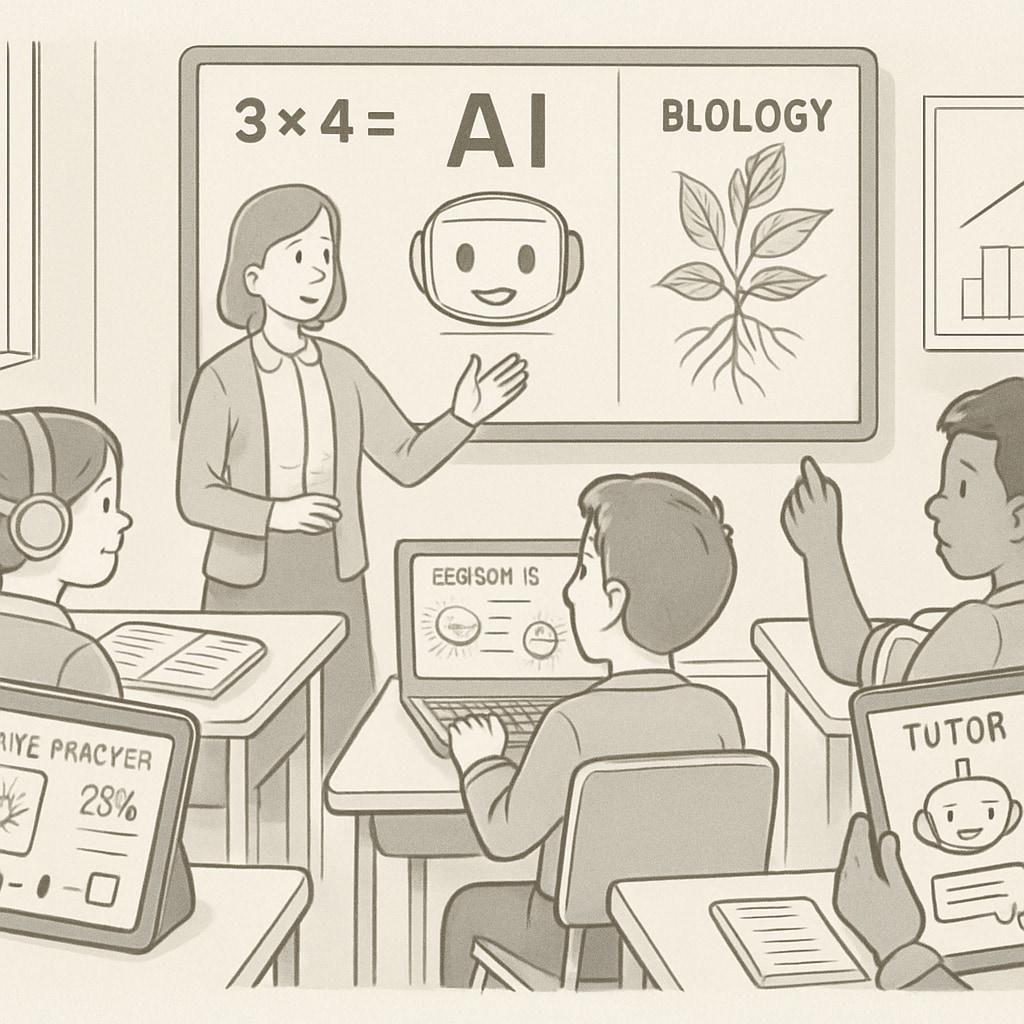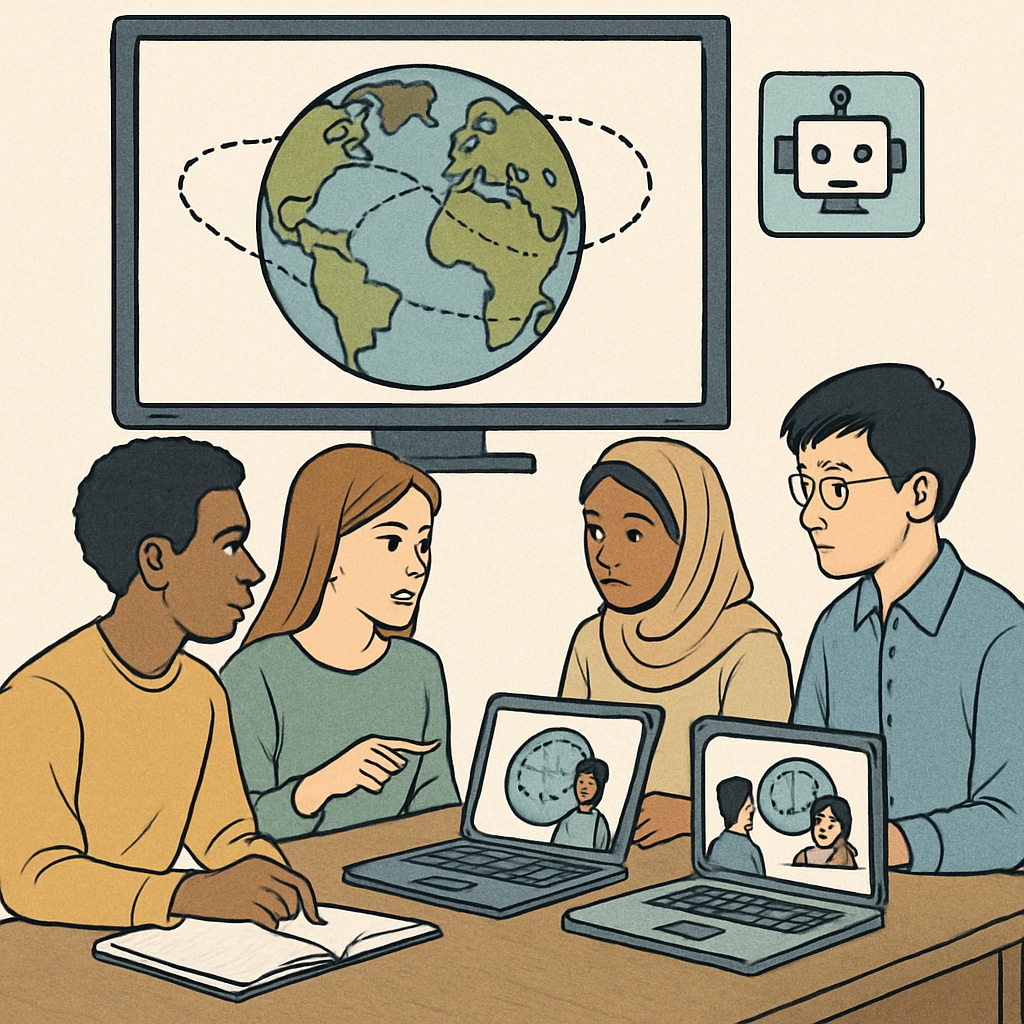Artificial intelligence, education future, and 2030 trends are poised to converge in a transformative way, reshaping the K12 education landscape. By 2030, AI-driven technologies will fundamentally change how students learn, teachers teach, and institutions operate. From personalized learning experiences tailored to individual student needs to global access to educational resources, artificial intelligence will create unprecedented opportunities for growth and innovation. In this article, we explore the key trends shaping AI-powered education and how educators can harness these advancements to build an intelligent and inclusive learning ecosystem.
Personalized Learning in the AI Era
The rise of AI-powered tools promises to make personalized learning the norm in classrooms of 2030. Artificial intelligence systems can analyze a student’s learning style, strengths, and areas for improvement to deliver customized lesson plans and adaptive assessments. For example, AI platforms like Khan Academy already use algorithms to tailor content for students, with future advancements set to refine this process even further.
Key features of personalized learning in the AI era include:
- Dynamic progress tracking to identify gaps in knowledge and skills.
- Real-time feedback for students and teachers, enabling instant course corrections.
- AI tutors capable of providing one-on-one support at scale.

Global Access to Education Resources
AI will also break down geographical and economic barriers to education by enabling global resource sharing. By 2030, students in remote or underserved regions will be able to access high-quality learning materials and virtual classrooms through AI-powered platforms. For example, AI translation tools can make content available in multiple languages, while virtual reality (VR) environments can create immersive learning experiences that transcend physical limitations.
Benefits of global AI-driven resource sharing include:
- Equitable access to world-class educational content.
- Collaborative learning opportunities with peers worldwide.
- Integration of diverse cultural perspectives into curricula.

Empowering Educators in an AI-Driven World
While AI will automate many administrative and instructional tasks, it will also empower teachers to focus on creative and strategic aspects of teaching. By leveraging AI tools, educators can spend less time grading and more time fostering critical thinking and collaboration. For instance, AI systems can handle routine tasks like attendance tracking or homework evaluation, giving teachers the freedom to design innovative lesson plans.
To thrive in an AI-driven education system, educators will need to:
- Develop proficiency in using AI tools and platforms.
- Adopt a growth mindset to embrace new technologies.
- Focus on nurturing soft skills like empathy and communication, which AI cannot replicate.
Challenges and Ethical Considerations
Despite its potential, AI in education comes with challenges that must be addressed. Issues like data privacy, algorithm bias, and the digital divide could hinder the equitable implementation of AI technologies. For example, systems reliant on large datasets may inadvertently reinforce biases if not carefully designed and monitored. Additionally, schools in low-income areas may struggle to afford AI infrastructure.
Key ethical considerations include:
- Ensuring student data is protected and used responsibly.
- Designing inclusive algorithms that reflect diverse perspectives.
- Providing training and resources to bridge technological gaps in less-privileged communities.
As a result, stakeholders in education must collaborate to ensure AI technologies are implemented ethically and effectively.
By 2030, artificial intelligence, education future, and 2030 trends will redefine the educational experience for K12 students globally. While challenges remain, the possibilities for personalized learning, global collaboration, and empowered educators are vast. With thoughtful planning and proactive adaptation, AI-driven education can unlock new levels of innovation and inclusivity, paving the way for a smarter, brighter future.


